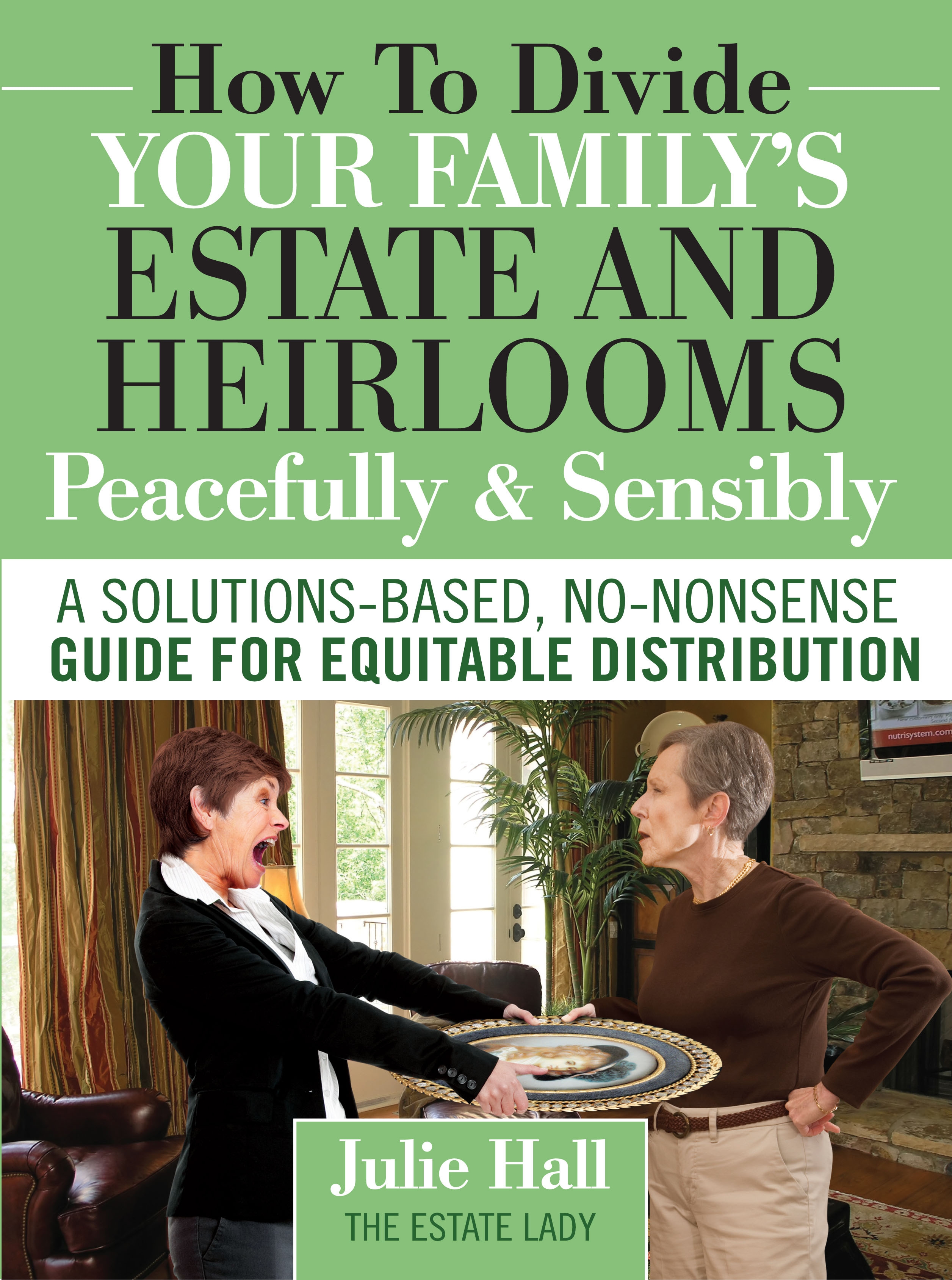An estimated 50% of us have a will or trust! This is not good news!
Most people have not yet comprehended (or accepted) that dying without a will is a very costly mistake that will negatively impact all you leave behind. It’s not just about the hassles and frustrations your heirs will go through potentially for years, but the expenses involved. Ultimately, the state you live in will make decisions regarding your estate that will not distribute it the way you would have chosen. In a nutshell, get it done now and leave a legacy of respect, instead of resentment.
For those who do have a will, it is important to consider any changes in mental and physical health, as these could greatly impact the outcome of someone’s wishes. For example, let’s say mom’s healthcare power of attorney states that dad makes all decisions for mom in the event she is incapacitated, vegetative state, etc. Suddenly dad is exhibiting odd behavior and is diagnosed with Alzheimer’s, which is progressing rapidly. Can he now make sound decisions for mom? Or, mom may not think about these details and this is the time for the children to talk with her about it.
So many Boomer children don’t know how to talk with their parents about these delicate issues, so permit me to offer some very sound advice. It has to be done; it has to be discussed, as painful as it is. If left “under the carpet,” no answers will be available to you should they become infirm or die. Get the answers now, and do so with love and compassion.
Here’s one example: “Mom, we were thinking about yours and dad’s situation. Now that dad is showing a decline in health, new decisions have to be made and documented so your wishes are fulfilled the way you would like them to be. Dad is no longer capable of understanding complex issues, and you will need to choose a new healthcare power of attorney, so we can ensure the correct decisions will be made. Can you please give this some thought? Can we make an appointment with your attorney to have this changed soon?
This one example really gets you thinking. Anytime there is a significant change in your life or a parent’s life, consider discussing with an elder law or estate planning attorney. Being proactive isn’t always easy or pleasant, but it can head off gut-wrenching issues that will occur at some point, especially if you have elderly loved ones. Making sound decisions in the midst of crisis is not the optimal time to think clearly.
Lead with love, and start communicating while you can!
©2013 The Estate Lady®
Julie Hall, The Estate Lady®, is the foremost national expert on personal property in estates, including liquidating, advising, and appraising. http://www.TheEstateLady.com She is also the Director of American Society of Estate Liquidators®, the national educational and resource organization for estate liquidation. http://www.aselonline.com




